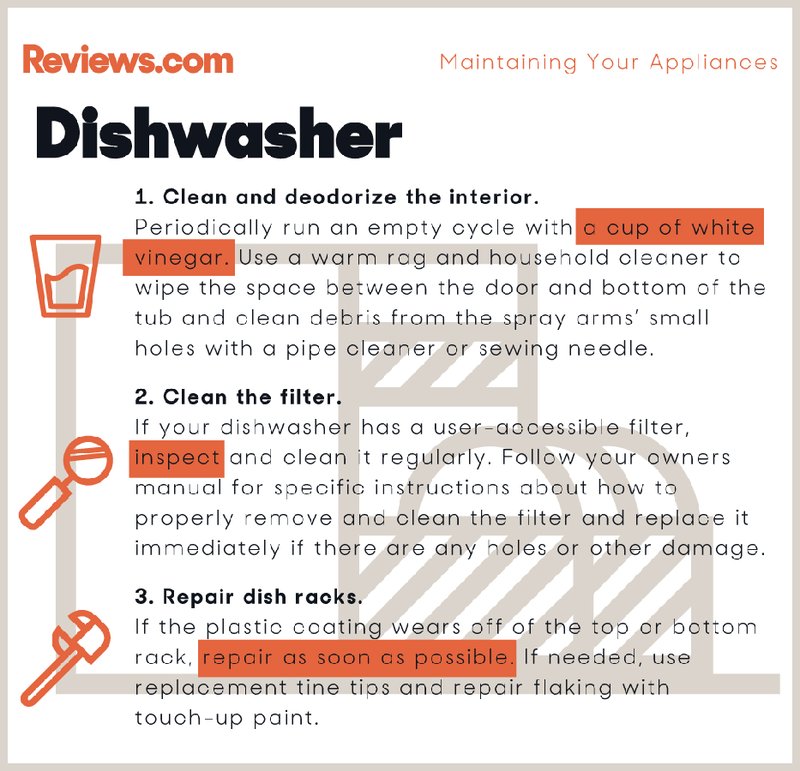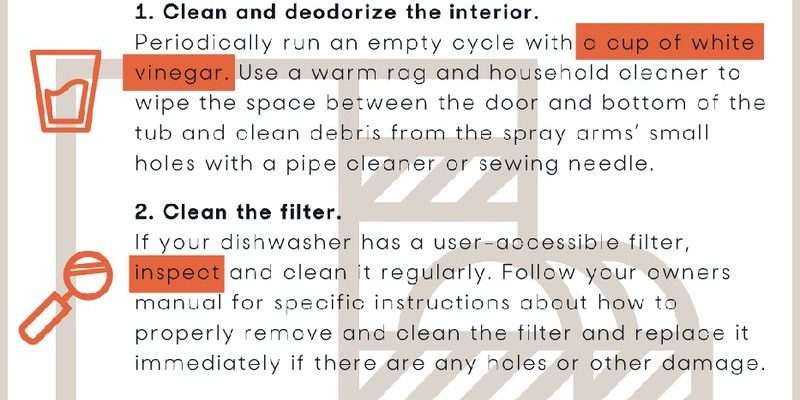
Think of your warranty as a safety net designed to catch you when things go wrong—like if your dishwasher suddenly stops draining or won’t start. But if you do something like try to fix it yourself or use the wrong type of detergent, that net might disappear. So, if you want to avoid accidental damage or losing your warranty benefits, you’ve got to understand what steps can trigger a void and how to steer clear of them. Let me explain how to keep things smooth, backed by your LG warranty, without needing to crack open the manual or call support every week.
Understand What Your Warranty Covers and Doesn’t Cover
First things first: Many people miss this step and end up doing things that accidentally void their LG dishwasher warranty without realizing it. The warranty usually covers defects in materials or workmanship, which means if the dishwasher’s motor fails or the door latch breaks under normal use, LG has your back. But here’s the catch: issues caused by improper installation, misuse, or unauthorized repairs often aren’t covered.
You might be wondering, “What counts as misuse?” It’s anything from using harsh chemicals that aren’t approved for dishwashers to overloading the machine like it’s a storage bin. The warranty also usually requires you to have the dishwasher installed by a licensed professional. Trying to set up the wiring or plumbing yourself? That’s a red flag for LG.
Pro tip: Keep a copy of your purchase receipt and warranty document handy. It’s the golden ticket if you need to claim repairs later, and it includes all the fine print you should know.
Always Use Authorized LG Service for Repairs and Maintenance
Here’s where a lot of people slip up: DIY repairs. Sure, it’s tempting to fix that leak or replace a busted button yourself after watching a YouTube video. But when it comes to your LG dishwasher, this could instantly void your warranty. Why? Because unauthorized repairs can cause more damage, and LG wants to ensure your dishwasher gets fixed the right way.
If your dishwasher acts up, the best move is to contact LG’s authorized service center or an officially certified technician. These pros have the certified parts and know the proper repair codes and reset procedures that align with your warranty terms. Plus, they usually keep a repair history that supports your warranty claim if future issues pop up.
Think of it like this: You wouldn’t let a random mechanic tinker with your fancy car’s engine without warranty approval, right? Same logic applies here.
Don’t Modify or Alter Your Dishwasher’s Hardware or Software
Let me explain why tinkering with your dishwasher’s inner workings is a big no-no. Some people want to *upgrade* their dishwasher, like adding a third rack or changing the control panel’s software settings. While customization sounds fun, it’s a fast track to voiding your warranty.
LG dishwashers come with specific firmware and hardware designed to work seamlessly. If you try to reset, reprogram, or pair your dishwasher’s control board with non-LG remotes or aftermarket parts, you might break the sync between components. That kind of modification often triggers warranty voidance because it’s hard for LG to guarantee performance or safety if the original system is altered.
Here’s a helpful tip: When troubleshooting or resetting your dishwasher, always follow LG’s official reset instructions. They usually involve simple button presses or power cycles—not digging into firmware codes.
Use Only Approved Detergents and Accessories
Imagine your dishwasher is like a guest in your home with very particular tastes—it won’t tolerate just any detergent or accessory without consequences. Using the wrong detergent can not only harm the interior but also clog or corrode parts, which might lead to warranty denial.
For example, most LG dishwashers recommend using *highly concentrated, low-suds detergents* specifically made for dishwashers. Regular dish soap or harsh chemicals will cause foaming or damage. Also, avoid filling rinse aid or salt compartments with unapproved substances.
Additionally, only use LG-approved replacement parts like filters, racks, or water inlet hoses. Using generic or universal parts can cause leaks or poor performance, leading LG to refuse warranty service because they can’t confirm the parts’ compatibility.
Remember: Always check the product manual or LG’s official website for detergent brand recommendations and accessory compatibility.
Keep Your Dishwasher Clean and Maintain Regular Care
You might think a warranty is only about avoiding repairs, but regular maintenance is actually critical for keeping it valid. Neglecting basic care like cleaning the filters, checking for blockages, or avoiding hard water buildup can cause damage that LG won’t cover.
For instance, if you never clean the filter and food particles clog the drain, leading to motor damage, LG might say that’s user neglect, which voids your warranty. Same thing goes for ignoring alarms or error codes—those are warnings telling you to act before bigger problems develop.
So, set a simple routine: clean the filter every month, wipe down the door seals, and run a cleaning cycle with dishwasher cleaner every few months. It’s like giving your dishwasher a spa day. This shows LG that you’re taking care of your appliance as recommended.
Install Your LG Dishwasher According to Manufacturer Guidelines
Sometimes, the cause of voided warranties is right at the start—installation. If your dishwasher isn’t installed correctly, it can cause leaks, electrical shorts, or drainage problems that aren’t covered under warranty.
LG typically requires that installation be done by certified plumbers or electricians who follow the exact instructions in the manual. This means using the correct water pressure, properly leveling the machine, and ensuring all electrical connections meet local codes.
If you skip this step or hire an unlicensed installer, LG might refuse your warranty claim because improper installation can cause underlying damage that’s technically avoidable.
Beware of Using Unauthorized Universal Remotes or Controls
Here’s a less obvious but important point: some people try to use universal remotes or third-party controllers to operate their LG dishwasher, especially if the original remote got lost or broken. This might seem harmless, but it can mess with the dishwasher’s code syncing and cause software glitches.
LG’s warranty typically requires original or authorized accessories. Using an unauthorized remote can create syncing problems, which not only disrupt dishwasher operation but could also lead to warranty voidance because it’s seen as modifying the device functionality.
If you ever need to replace your remote or control panel, go for official LG parts. They’ll sync cleanly with your dishwasher, and you won’t risk losing that warranty safety net.
Keep Proof of Purchase and Service Records
Lastly, let me emphasize the importance of documentation. If something goes wrong and you have to claim your LG dishwasher warranty, proof matters—a lot. Always keep your purchase receipt, warranty card, and any service or repair records from authorized technicians.
Why? Because LG might ask for evidence that the dishwasher wasn’t tampered with, improperly installed, or abused. If you’ve got clean records showing authorized repairs and maintenance, it’s much easier to get the warranty service you deserve.
Storing these papers in a folder or scanning them to your phone means you’ll never be caught off guard when you need warranty support.
Insight: Treat your warranty like a relationship—it takes trust and respect. Following LG’s guidelines keeps that trust intact so you’re covered when you need it most.
In the end, avoiding voiding your LG dishwasher’s warranty boils down to a few key habits: use authorized service, stick to approved parts and detergents, don’t tinker unnecessarily, and keep good care and records. It might sound like a lot, but honestly, it’s mostly common sense wrapped in some simple rules. Think of your dishwasher’s warranty as a safety shield—it works best when you play by the rules and treat your appliance well. Doing so means less stress, fewer surprises, and more clean dishes for years to come.
